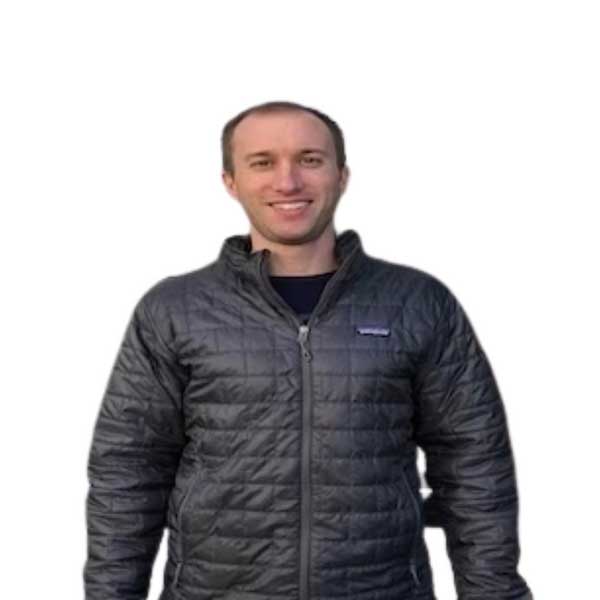By Rich Danker
It used to be only members of Congress and other high-ranking officials conceived of themselves as political saviors. But in a culture obsessed with politics, celebrities can’t resist this dream either. Having seen Donald Trump become president from a standing start, they envision the same immediate success, but without the polarization.
After all, what about The Rock or Matthew McConaughey offends anyone?
That is exactly what will stop them in their tracks.
Though cocooned in his home studio, frequently distracted by neurosis, and uninterested in the world beyond the Hamptons, Howard Stern is still capable of making a good point. His wake-up call to Dwayne “The Rock” Johnson and McConaughey was not to be missed.
“You know what it is with these guys is that they don’t understand, once you run for office, you actually have to give an opinion,” Stern said on Tuesday’s show.
“Like this guy, The Rock — lovely guy, I’ve met him. He’s the most non-controversial human being you’ll ever meet.
People in the military assume The Rock is pro-military. People in the police force believe The Rock is a law-and-order guy. People who are Trumpy believe The Rock secretly loves Trump. The people who are liberals are going ‘You know what? The Rock is with us.’”
Stern’s right: the polls showing McConaughey leading the incumbent governor of Texas in a hypothetical matchup and Johnson getting nearly 1-in-2 voters’ support as a presidential candidate are based on the public knowing almost nothing about their true beliefs, and optimistically filling in those blanks.
We are inclined to think positively of people that get good press. Wishful thinking that our own opinions align with theirs is probably a heuristic we use to boost these opinions.
But this projection usually comes apart as soon as that figure is pressed to start revealing their true thoughts. An image that for years may have floated upon fawning profiles and book deals is easily deflated when the celebrity part of them is superseded by their candidacy.
It happens in professional politics too. The dream presidential tickets that pundits come up with – in 2016 it was Rubio-Kasich, in 2020 it was Cory Booker as anyone’s running mate – always involve candidates that are relatively unexposed. There’s a moment where fame peaks before bringing on exposure that produces maximum image favorability. This is where the most hyped politicians find themselves, and even more often celebrities.
Celebrity images’ pre-candidacy value is why celebrities like The Rock and McConaughey work so hard for their blank canvas. They believe that the more pristine it is, the better it will hold up if they do put their names on the ballot.
But superficial likability is the first thing to go in a political campaign. The more that’s known about someone famous the less there usually is to like.
There’s a crossroads that public figures have had to face in contending with the social media era that prefigures running for office; be themselves or conform to their preexisting image.
Most choose the latter.
The content they push out on this path is what makes so much of blue checkmark social media look like press kits. And the fact that it comes ostensibly from their own hand gives it more credibility and is one reason we arrived at this era of the would-be celebrity political savior.
The drumbeat for Hollywood candidates is in tandem with the one for Jamie Dimon, Robert Iger, Howard Schultz, or some other revered corporate leader to run for president. Like The Rock and McConaughey, their images have benefited from a combination of a little charisma and a lot of paid PR.
There’s a reason that the two businessmen to compete for the modern presidency – Trump and Ross Perot – were swashbucklers rather than public company CEOs.
Voters already have plenty of actual politicians to choose from; they don’t need more from corporate central casting.
The celebrity running for office now seems to already understand that campaigns are more about issues than biographies. Caitlyn Jenner’s first ad lays waste to California’s lockdowns, forest fires, and red tape.
Though a Republican running in one of the deepest blue states, Jenner picked the right place to try this. Gubernatorial races, especially recall elections like California’s, tend to be less ideological than federal campaigns because of their actual impact on everyday life.
Jenner’s campaign will likely ride on the issues that spurred the recall vote rather than personal identity.
Would say, McConaughey, have thoughts beyond graduation speech fodder that would turn him into a bona fide candidate? It seems unlikely. But one thing Stern said about that was off the mark.
“Call me old fashion, but you’ve got to do a little public service before you get an important job like the governor,” he said.
In reaction to Trump and the right’s realignment toward the working class, the left has become obsessed with pedigree. Stern himself is a late-in-life credentials junkie who used much of his coveted interview with Hillary Clinton to glow about her resume.
There’s nothing about holding high office that requires holding a lesser one before it. Being governor or even president is a communications-based job rather than an administrative one.
Although voters typically don’t have this choice, there have been plenty of governors and even a handful of presidents who had never been elected to anything prior.
The all-things-to-all-people celebrity is becoming a vanishing breed in the social media era. There are now too many ways for the public to define the famous, rather than the other way around.
Perhaps voter favorability towards The Rock and McConaughey represents nostalgia for a time when celebrities could sustain broad-based appeal. But those hopes are an illusion of a prior era of high-trust objectivity. Ours is the era of low-trust opinions.
Even a has-been shock jock can appreciate that.






